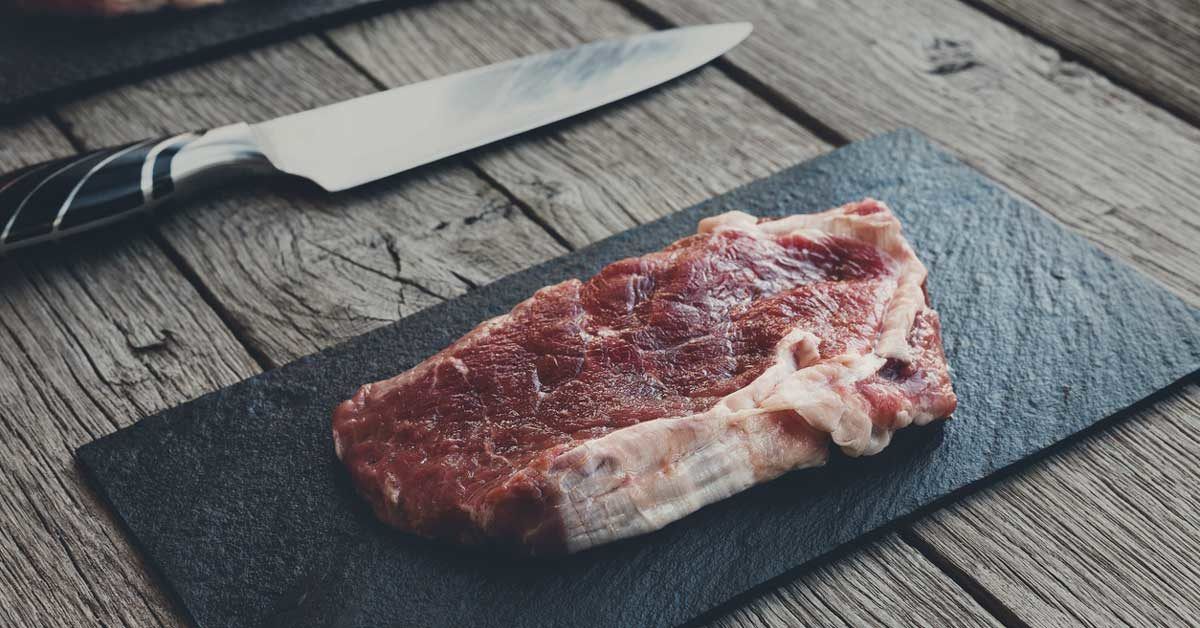tankasnowgod
Member
- Joined
- Jan 25, 2014
- Messages
- 8,131
This is sort of a follow up to the post I did about an experimental Methionine Deficient diet.
 raypeatforum.com
raypeatforum.com
I happened to be looking at the Glycine/Methionine Ratio, and came across two interviews with Alex Leaf from Examine, who suggested that out glycine requirements may be much higher than previously suggested. 10-15 grams of daily glycine is suggested as what's needed (an amount that most people still fail to get in their diet), but Leaf indicates these were "conservative" estimates, taking the low end for an average human adult that weighs about 160 pounds. He suggests the average might be a lot higher, and that the range could be anywhere from 10-60 grams or so, depending a number of factors.
View: https://www.youtube.com/watch?v=NGNO97uR_bA

 chrismasterjohnphd.com
chrismasterjohnphd.com
While the use of gelatin and collagen rich cuts of meat was discussed, the interesting thing is that Leaf suggests that animals in the wild also tend to run this glycine deficit, as do babies that are breastfed.
In the second interview, Masterjohn also suggests that extra Methionine in the diet would reduce the net intake of glycine even more. So, if someone is getting 5 grams of glycine, but also ingesting 4 grams of Methionine, they really are only getting 1 net gram of glycine for all the other needs of the body, an even more dramatic deficit that what it would first appear.
Methionine Deficient Diet Induces Rapid Weight (Fat) Loss in Mice who Ate More, and Moved Less
This was an interesting short term study. The researchers basically took Methionine Restriction a step further, and fed Obese mice a diet completely free of Methionine. They noticed rapid weight loss, mostly fat, and apparently did it through increasing resting metabolic rate...
I happened to be looking at the Glycine/Methionine Ratio, and came across two interviews with Alex Leaf from Examine, who suggested that out glycine requirements may be much higher than previously suggested. 10-15 grams of daily glycine is suggested as what's needed (an amount that most people still fail to get in their diet), but Leaf indicates these were "conservative" estimates, taking the low end for an average human adult that weighs about 160 pounds. He suggests the average might be a lot higher, and that the range could be anywhere from 10-60 grams or so, depending a number of factors.
View: https://www.youtube.com/watch?v=NGNO97uR_bA

Why You Need Glycine: A Panel Discussion
This episode is a panel discussion between Dr. Chris Masterjohn, Alex Leaf of Examine.Com, and Vladimir Heiskanen, covering everything you need to know about glycine.
While the use of gelatin and collagen rich cuts of meat was discussed, the interesting thing is that Leaf suggests that animals in the wild also tend to run this glycine deficit, as do babies that are breastfed.
In the second interview, Masterjohn also suggests that extra Methionine in the diet would reduce the net intake of glycine even more. So, if someone is getting 5 grams of glycine, but also ingesting 4 grams of Methionine, they really are only getting 1 net gram of glycine for all the other needs of the body, an even more dramatic deficit that what it would first appear.

